A polymer composite spray was shown to not only limit SARS-CoV-2 infection, but also hinders transmission in this proof-of-concept study.
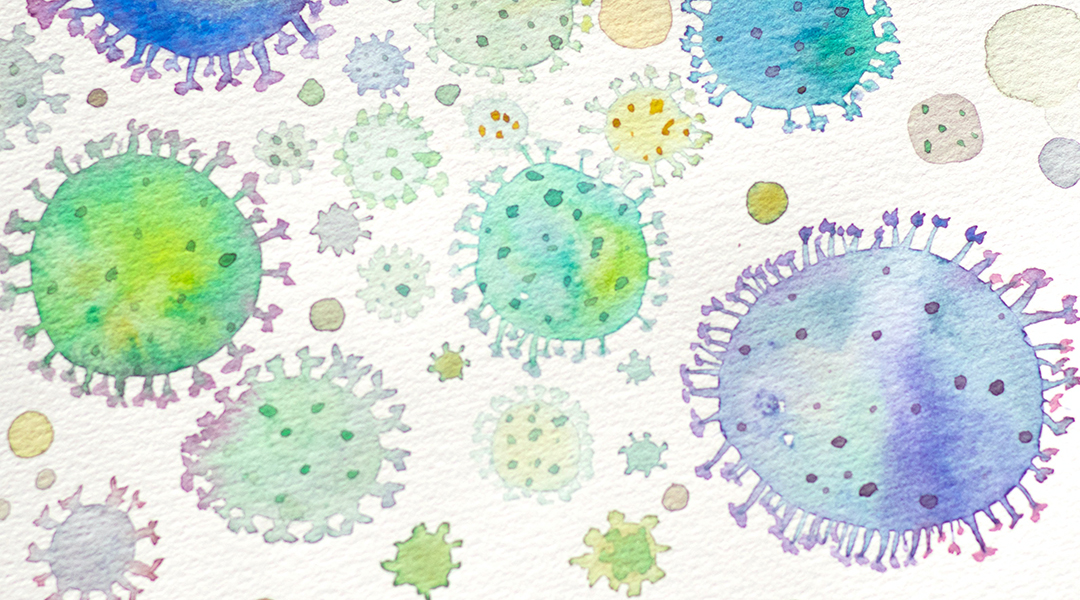

A polymer composite spray was shown to not only limit SARS-CoV-2 infection, but also hinders transmission in this proof-of-concept study.

Study shows that temperature changes have a smaller effect on transmission than policy interventions like lockdowns and social distancing.
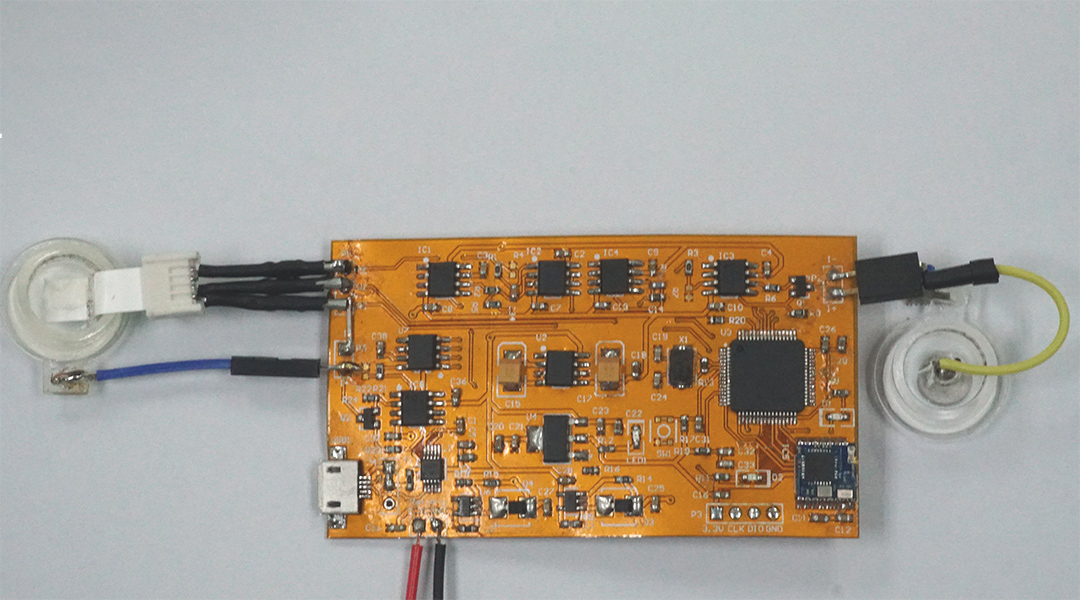
Minimally invasive smart patches can continuously monitor glucose blood levels and administer insulin as needed.

The strength of immune responses after the first dose of COVID-19 vaccines could make or break this strategy and policy makers need to be able to adapt.
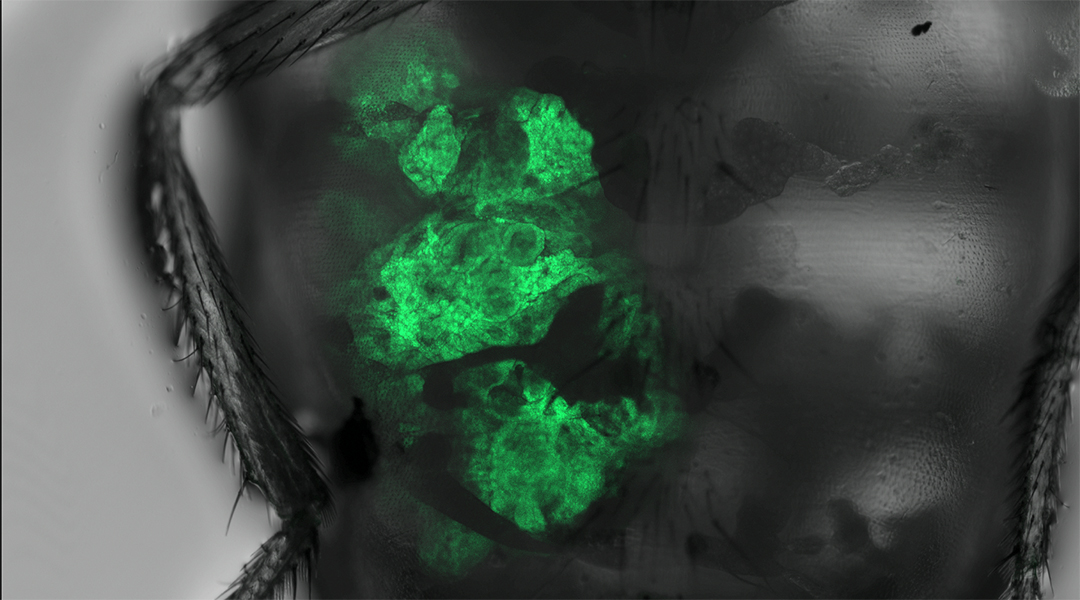
The flies may be tiny, but they can teach us the greatest of lessons in cancer biology and beyond.
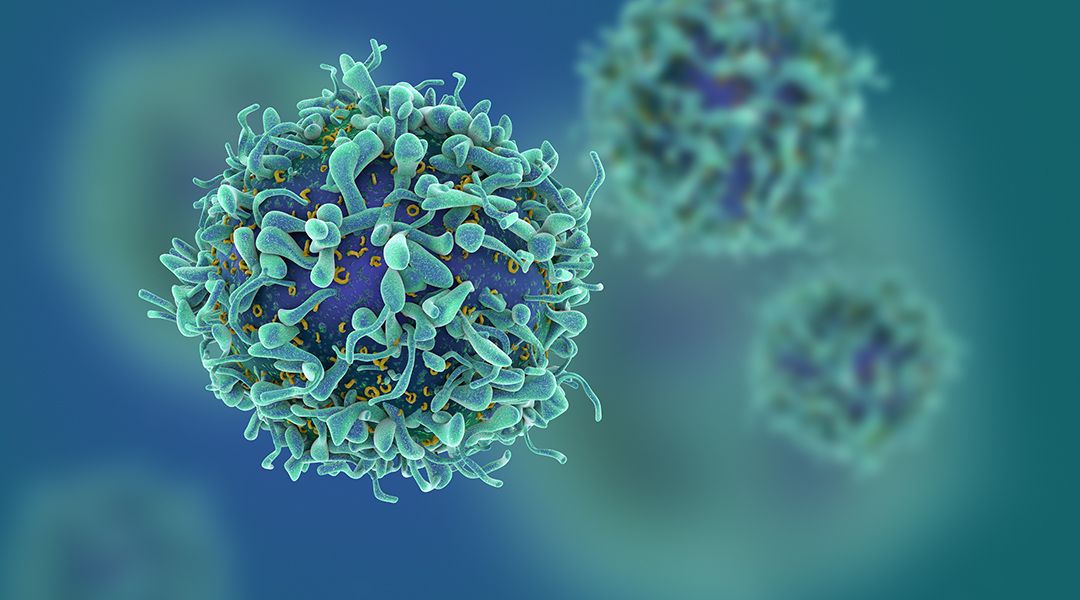
Delivering vaccines directly to the lungs can boost immune responses to respiratory infections or lung cancer, study finds.

A well-based microfluidic device allows researchers to generate important data that are needed to better understand the parameters that influence evolution in bacteria to combat antibiotic resistance.
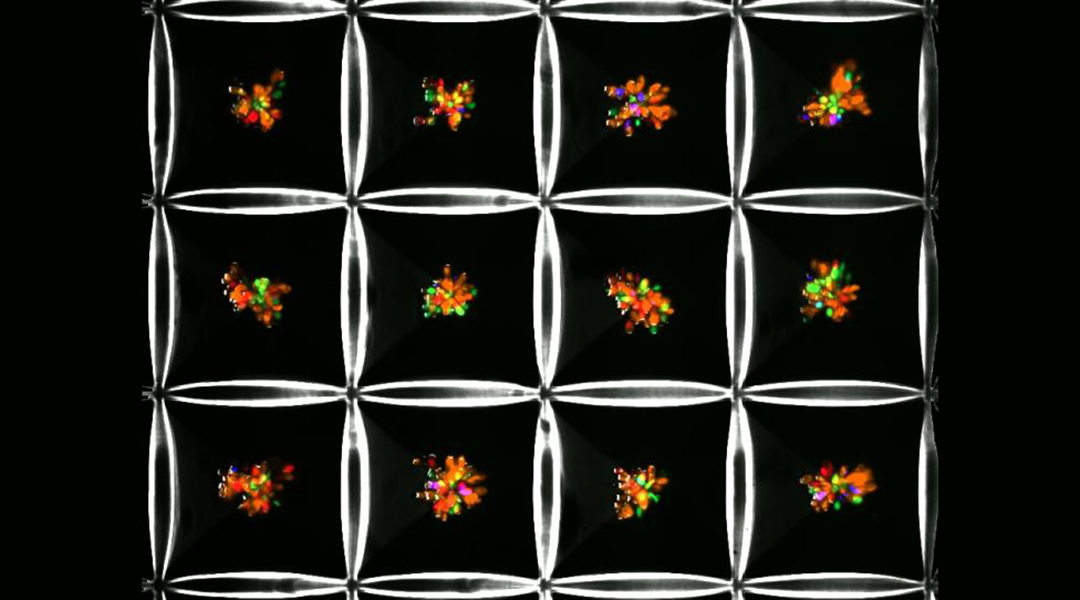
A structurally representative liver-on-a-chip models the full progression of non-alcoholic fatty liver disease, which researchers hope will lead to better treatments.

Recent advances in micro- and nanoscale sensing technologies may help diagnose sepsis early and with greater accuracy.
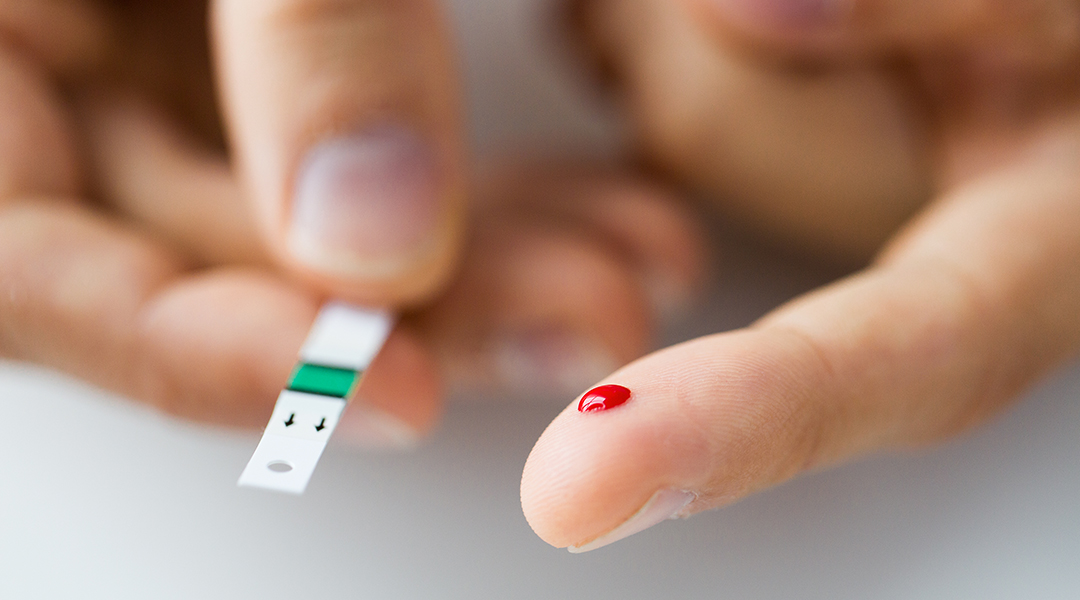
Graphene-based biosensors incorporated in arrays of microneedles are emerging as an alternative to hypodermic needles and could be the next generation of blood sampling devices.